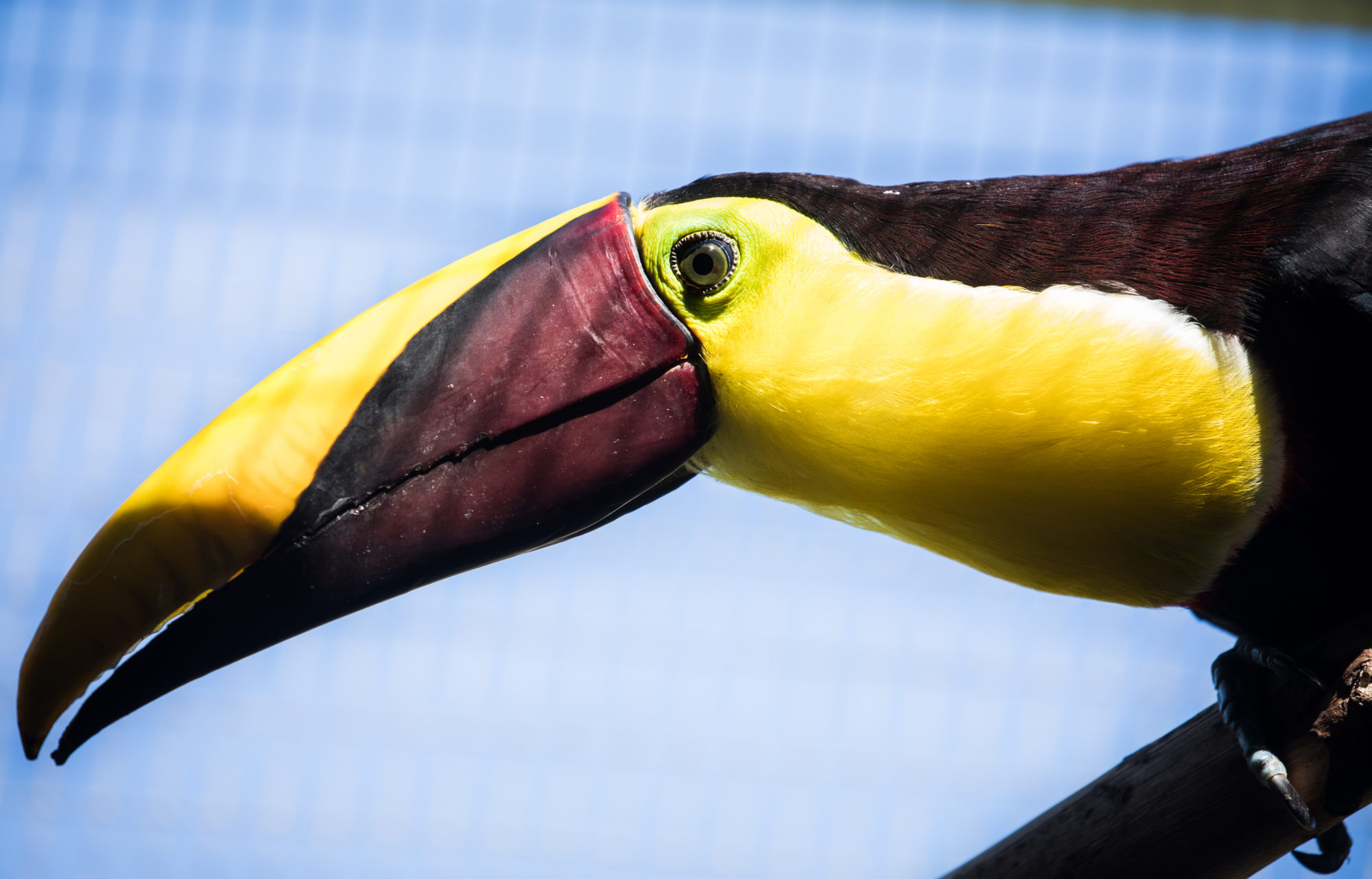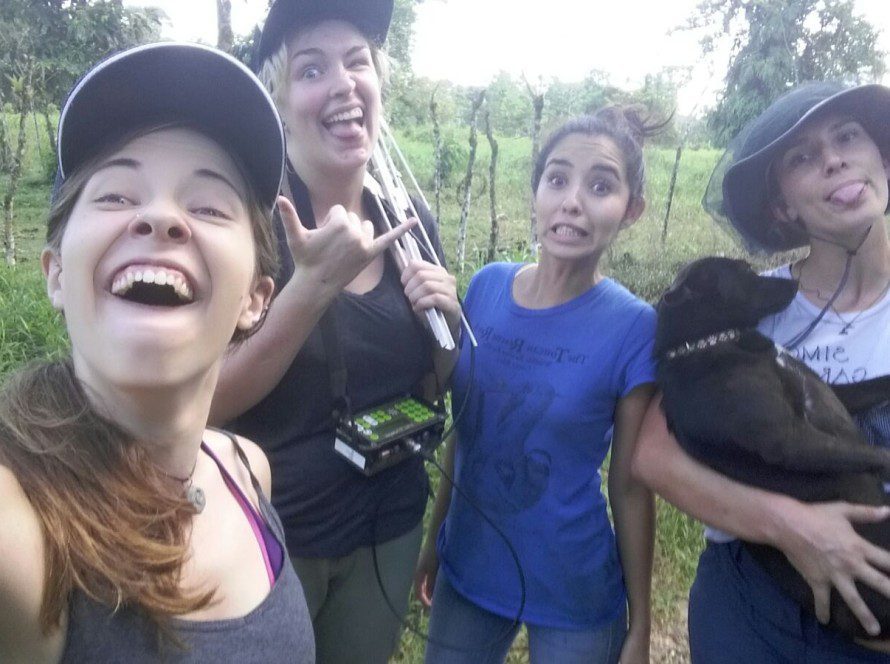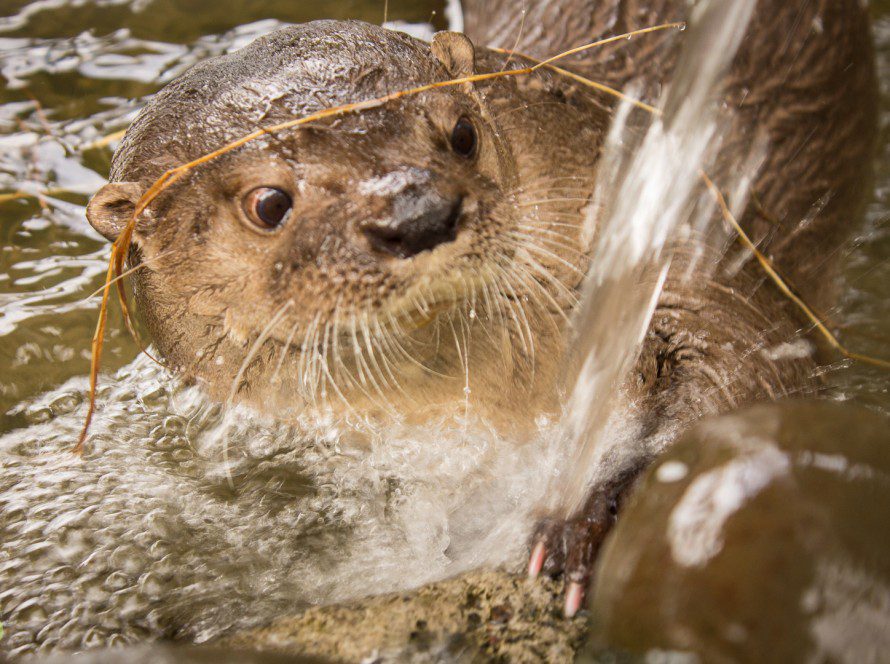Today is National Bird Day, a special day for those who are avid bird lovers and protectors and an important holiday, put together by the Avian Welfare Coalition. It aims to reduce the suffering of birds by raising awareness of the destructiveness of the wild bird trade, the realities of cruel bird breeding mills, and how WE can improve the welfare of birds that already have a life in captivity.
Did you know that 25% of Costa Ricans say they have kept wild animals as pets? A large portion of this percentage is, in fact, wild parrots, toucans, songbirds, macaws, and parakeets. Nearly all the birds at the Toucan Rescue Ranch (TRR) are from the black-market pet trade or confiscated as illegal pets. Wildlife trafficking is thought to be the THIRD most lucrative illicit market, right after weapons and drugs, and is estimated by the U.S. State Department to be worth $10 billion/year.
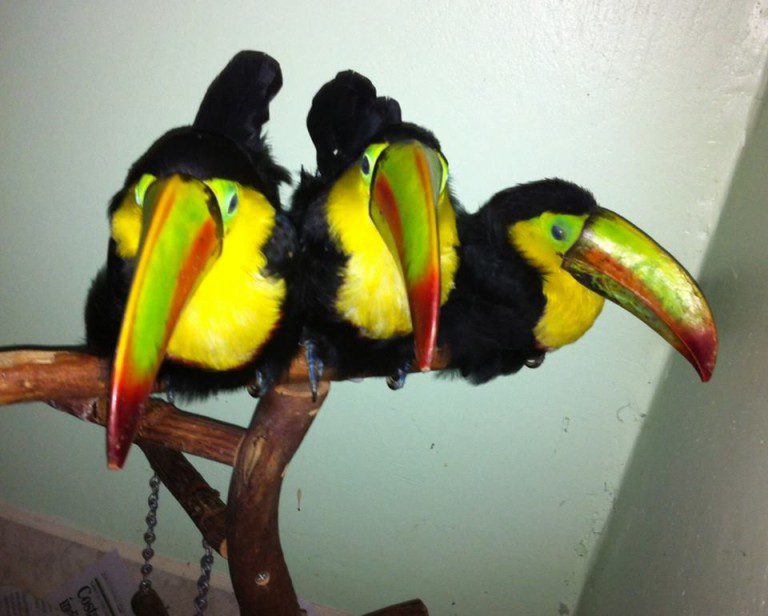
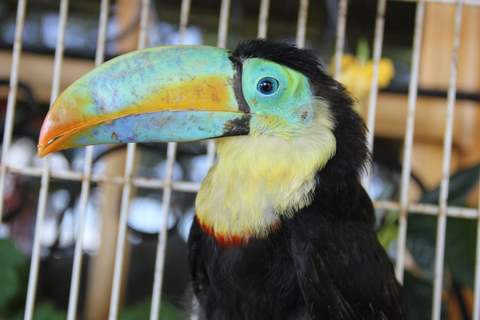
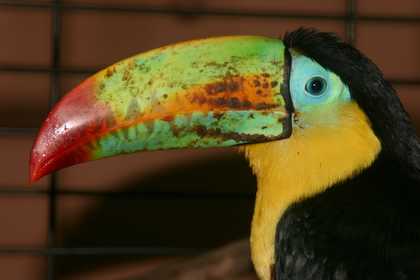
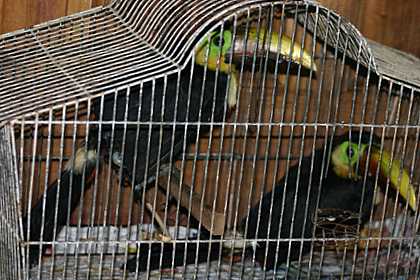
Luckily, Costa Rica has strong legislation to prevent people from keeping wild animals as pets. Yet, where the country goes wrong is in its implementation. Unfortunately, Costa Rica’s wildlife department, SINAC, is underfunded and understaffed. Not only is this hard for officers to properly enforce laws, but it also enables the department to lean heavily on other institutions like wildlife rescue centers for help. This is when places like the Toucan Rescue Ranch come into play. We receive confiscated pet birds that are usually unfit for the wild. Therefore, TRR is required to provide these animals sanctuary. This is because the birds are domesticated, largely imprinted on humans, and are deemed unfit for the wild due to their condition. Thus, given a life in captivity. How is this fair? It’s not. Because of this, an animal that is born to fly, now lives out the rest of its life in a cage, because that’s all it’s grown to know.
Fortunately, the trend to capture wild birds and keep them as pets is changing. Many birds still living in people’s homes are those that families have inherited. For example, many different species of parrots in captivity have been recorded to live up to 80-years old or more! Many people do not realize the longevity of these animals and therefore end up passing away and leaving the bird with family members, or even worse, giving up on the animal all together. However, through education and guidelines, people are realizing that this is not right and starting to leave birds in the wild where they belong.
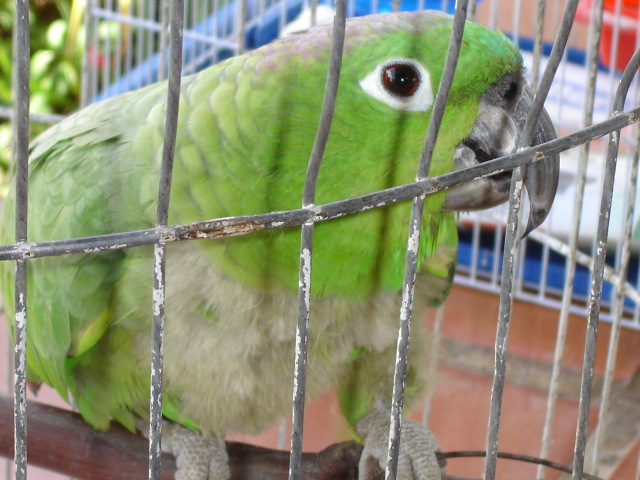
This is a mealy amazon named Lorita. She was brought to us because her owners claimed her to be too noisy. She came in a small cage with metal perches and was self-mutilating. Her feet were completely black from the condition of the cage. When we asked about her history, she had spent 30-years in the same 15-inch metal cage by two different owners.
Still unfortunately, birds are money. Being a multibillion-dollar international industry means that there’s still a war to fight. Right now, as you read this, there is a bird being poached from the wild somewhere in the world. For instance, in 2018 the Toucan Rescue Ranch received over 100 confiscated birds from one raid done by MINAE (wildlife officials). Dozens of different species were caught from the wild and kept in tiny cages to be sold so people could decorate their porch with a pretty sounding songbird. It was horrible. Today, those birds are now flying in a large enclosure with wild plants, space to explore, and a healthy diet. Thankfully, many of them are releasable. We just hope that once released, these birds will never end up behind bars again.
So, how do birds thrive while not only combating habitat loss, pesticides, disease, and human encroachment, but also a black-market trade worth billions of dollars? Well, auspiciously the fight for a better life for birds has been well underway all over the world. And here at the Toucan Rescue Ranch, we are firm believers that education, awareness, and individuals wanting a healthier future for our avian friends can be an unstoppable force for change. Help us today by bringing awareness to this serious issue and finding ways you can help by supporting places like the Toucan Rescue Ranch and the many others determined for a better world for birds.
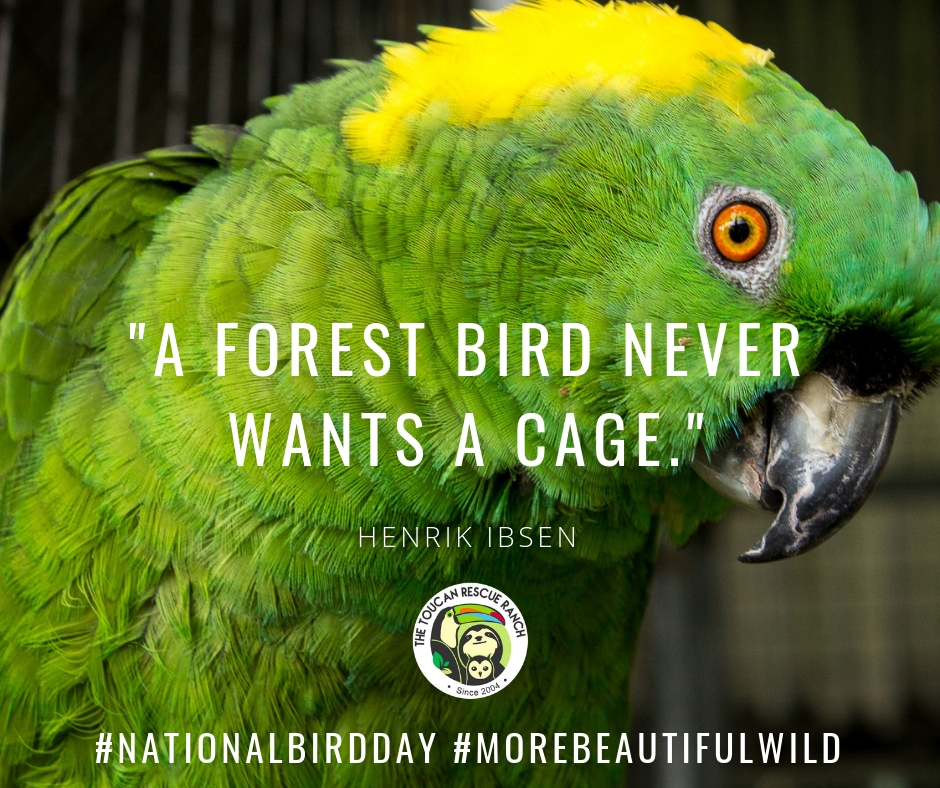
Written by Zara Palmer, Marketing Specialist


